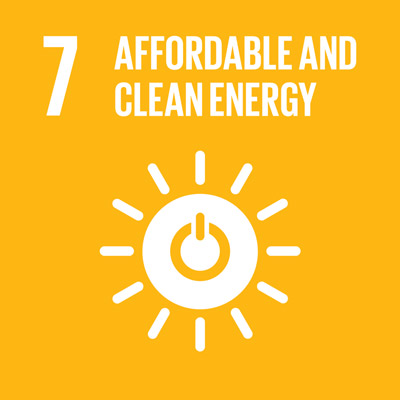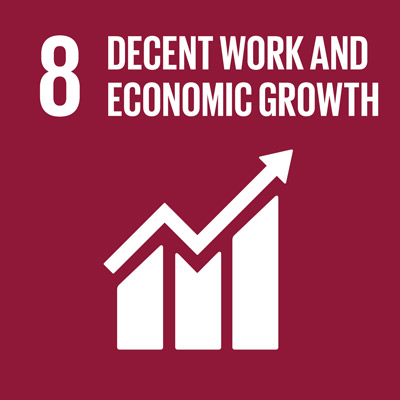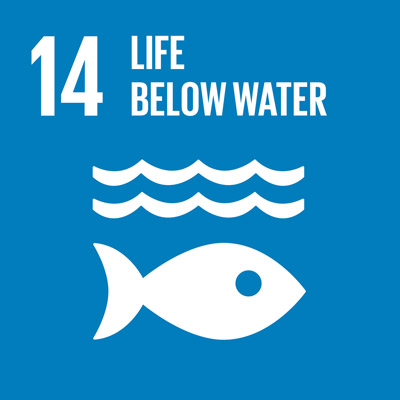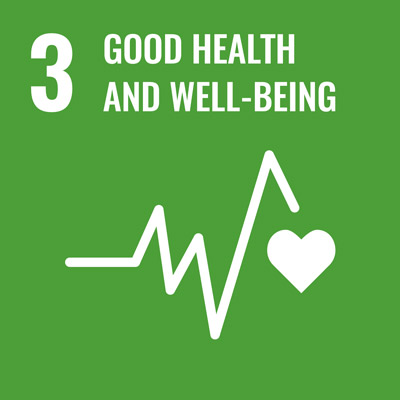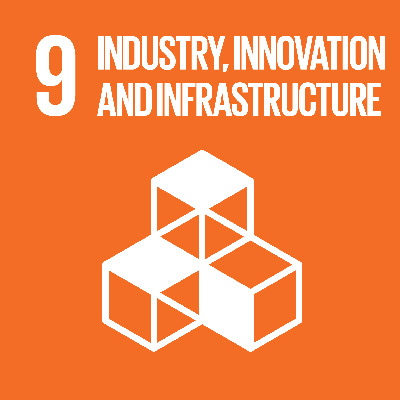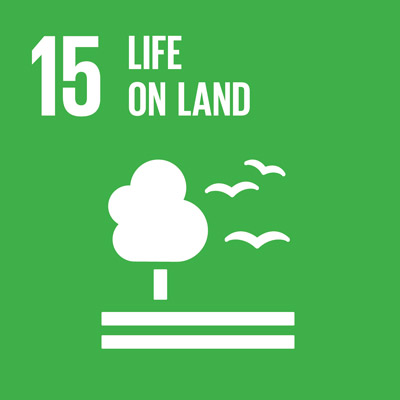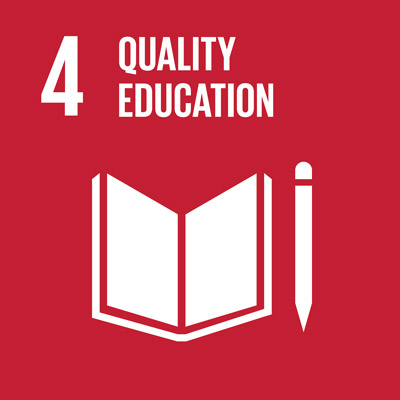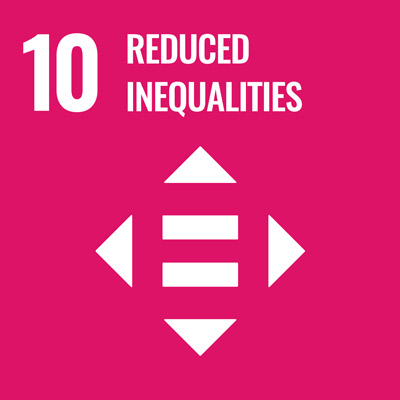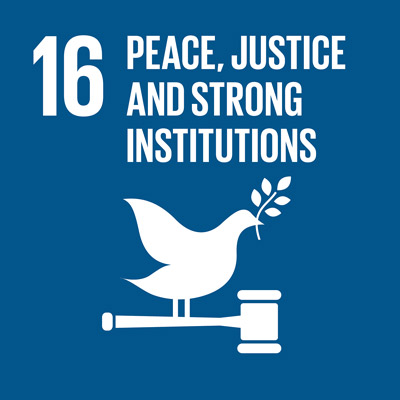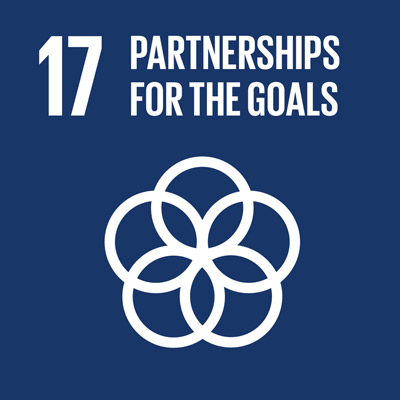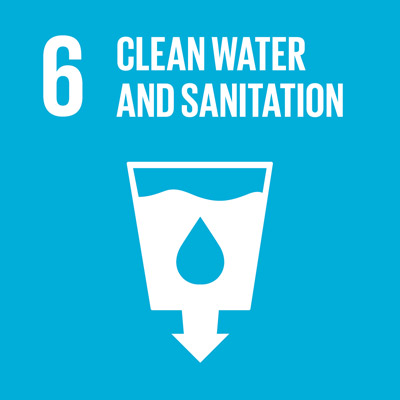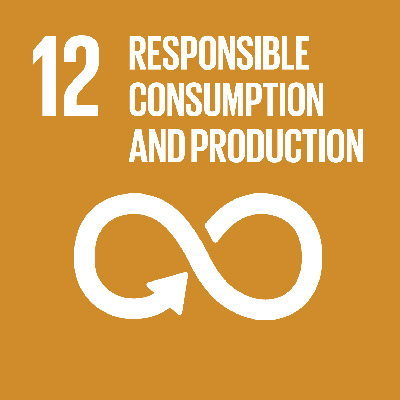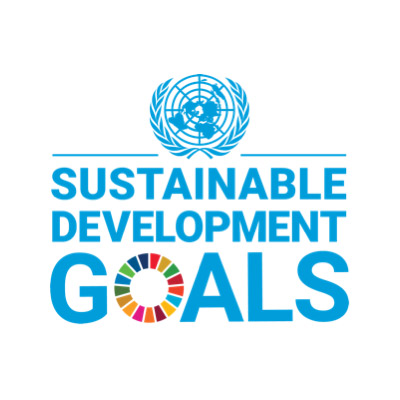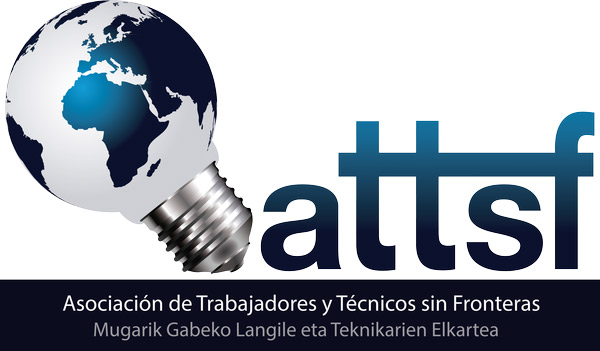
GIS & TELEDETECTION
ENVIRONMENT & AGROECOLOGY
At GISARTE, in order to address the climate emergency, eradicate poverty and build a more just and solidary world, we advocate for the development of citizen science and the accessibility of data, information and technological resources for all types of organizations, from small farmer associations, NGOs, local governments to large international or multilateral institutions.
OUR VISION
Human-induced climate change is causing dangerous and widespread disruption in nature and affecting the lives of billions of people around the world, despite efforts to reduce the risks. People and ecosystems least able to cope are being hardest hit, said scientists in the latest Intergovernmental Panel on Climate Change (IPCC) report.
- The environmental component is fundamental to any human activity. Its implications are multiplying and measures need to be taken at all levels.
- GIS, remote sensing and information visualization technologies and tools are available, mature and their use is becoming more and more widespread in practically all areas of activity.
- These technologies are here to stay. Organizations that do not integrate them into their processes will be relegated to a secondary level. Early adopters will offer their clients, partners and funders a superior value proposal adapted to the current social and environmental technological context.
GISARTE VALUE PROPOSAL
We aim to help organizations to achieve the proposed challenges with the massive and preferential use of the following tools:
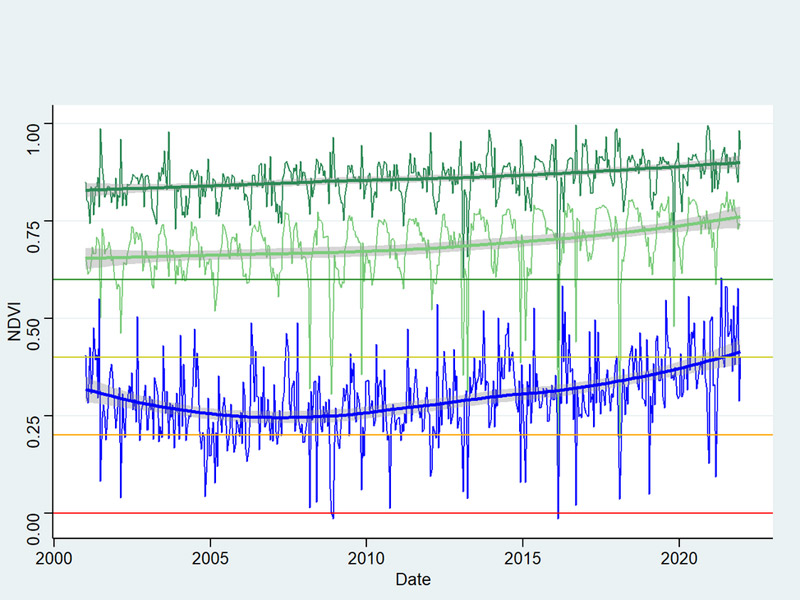
Data science for the analysis and compression of information.

Geographic Information Systems (GIS) to act on a complex and changing territory.

Remote sensing. Satellite technology for access to quality, sophisticated, continuous and free environmental, social and climate data.
IMPACT ON ORGANIZATIONS
GISARTE aims to improve the impact of interventions through the achievement of concrete results. The impact affects different sectors of activity.
| Scope | Impact |
|---|---|
| Project management | An innovative management model is developed, based on tools that take advantage of available technologies that favor the resilient implementationt of projects and the effective management of aspects such as emergencies, food systems or health, as well as socioeconomic and environmental issues. |
| Quality of interventions | Decision-making is based on real data covering large and defined geographic areas and updated very frequently. |
| Organizational positioning (external) | It positions the organization in a prominent position in relation to other collaborating entities, partners and funders. Also in the face of possible competing organizations. It could favor the creation of new alliances of high added differential value, even outside the traditional sector of action. |
| Structural strengthening (internal) | People in the organization enjoy professional development thanks to the possibility of being updated in aspects related to cutting-edge technology. |
OUR COMMITMENT TO THE SUSTAINABLE DEVELOPMENT GOALS
Main
1- End of poverty.
2- Zero hunger.
9- Industry, Innovation, Infrastructure.
13- Climate action.
15- Life of terrestrial ecosystems.
Cross-cutting
3- Health and well-being.
4- Quality education.
5- Gender equality.
8- Decent work and economic growth.
10- Reduction of inequalities.

